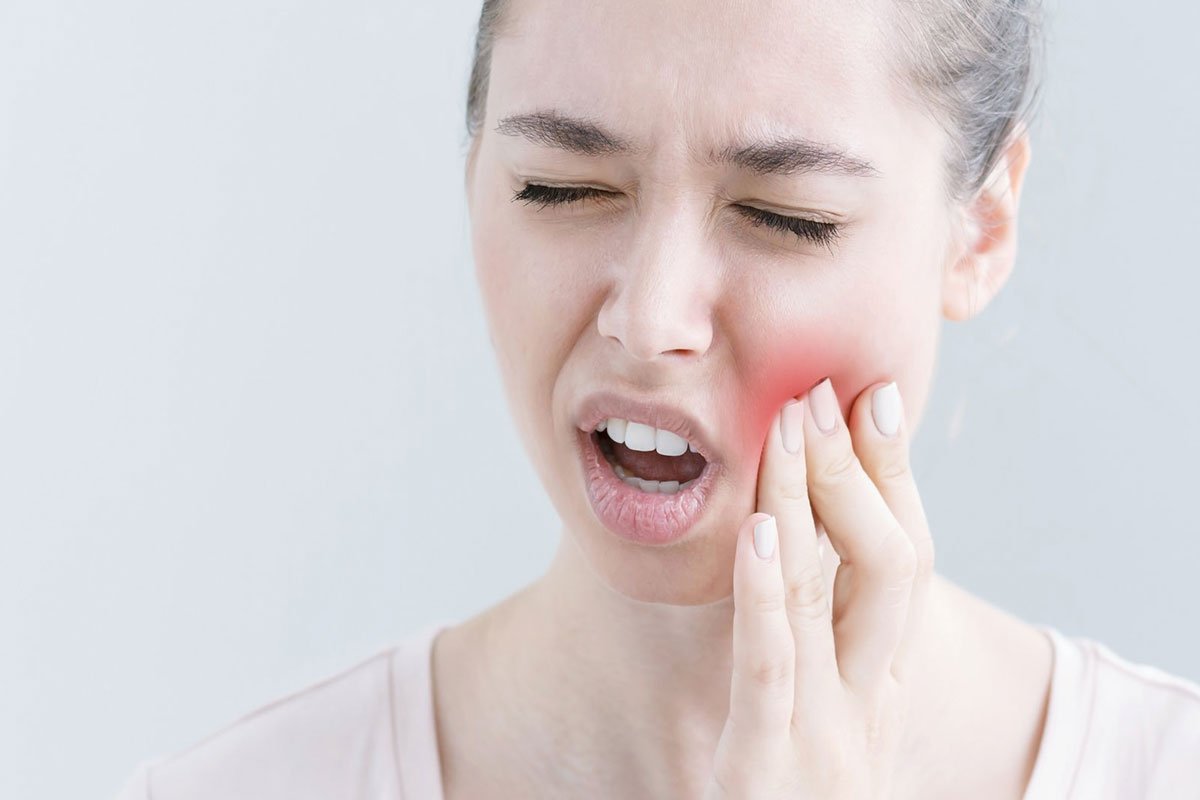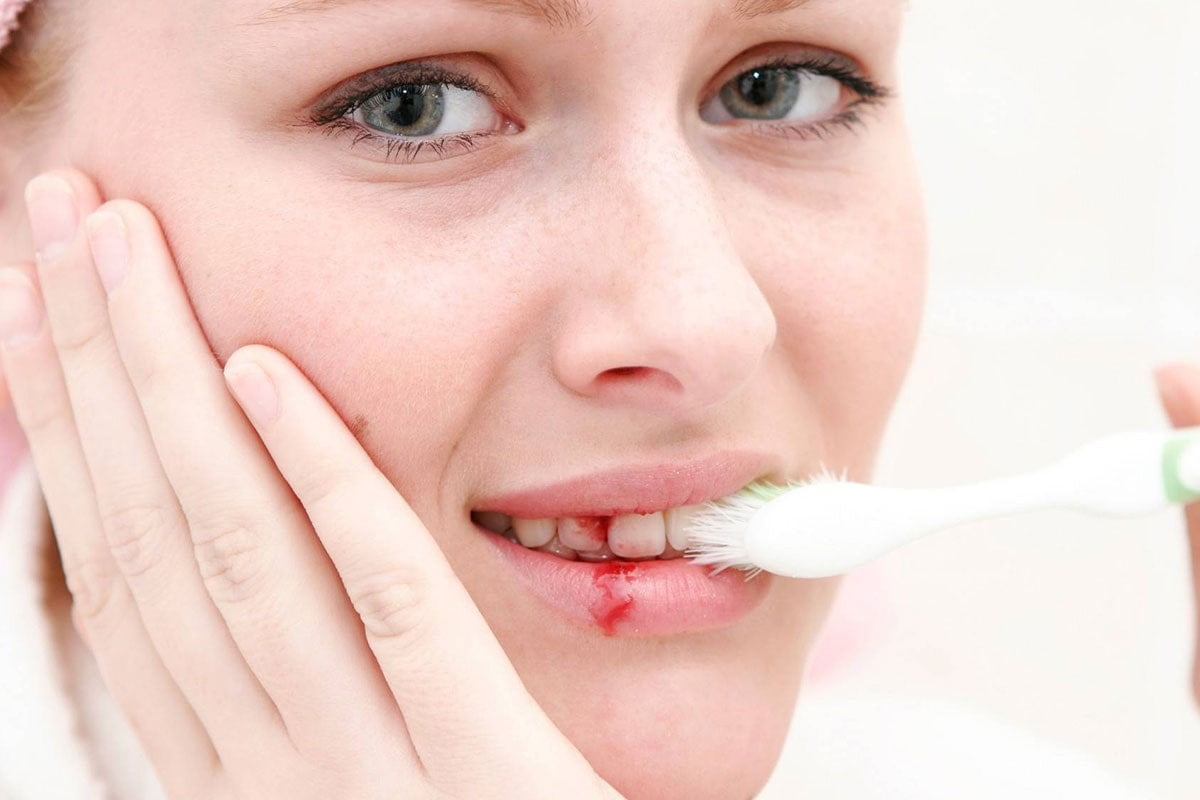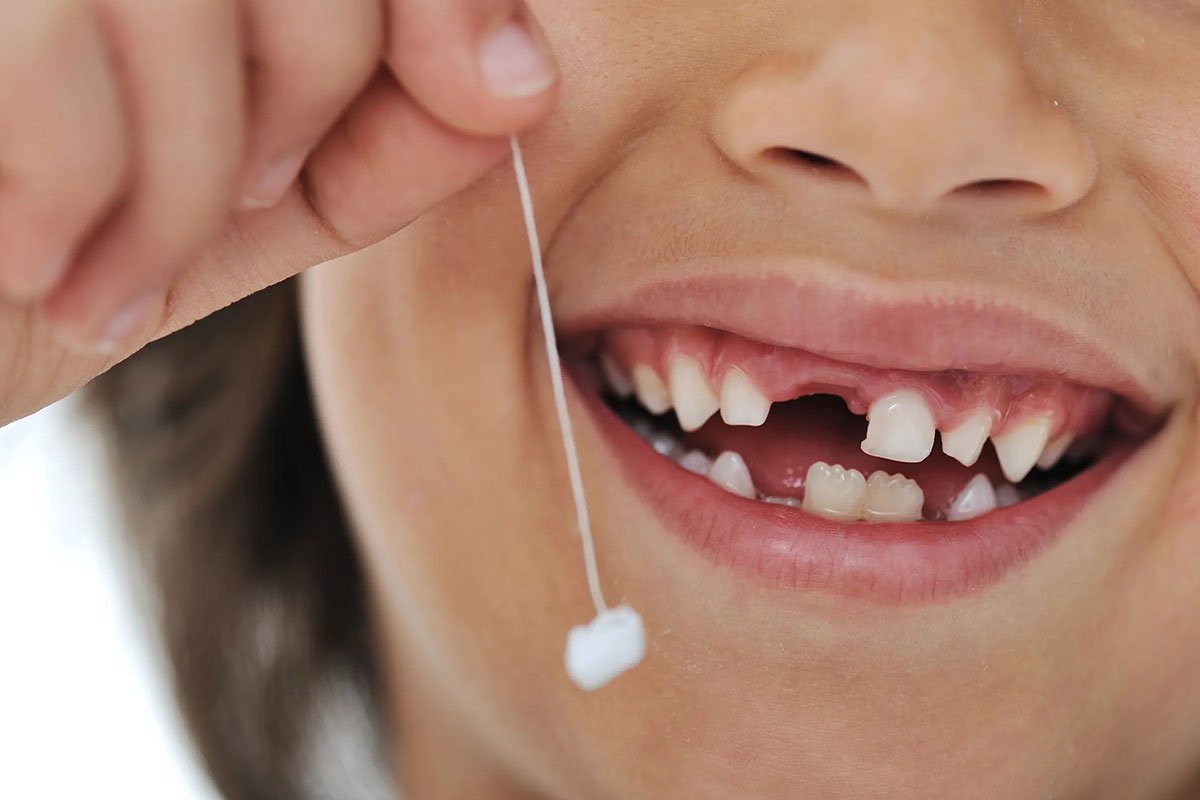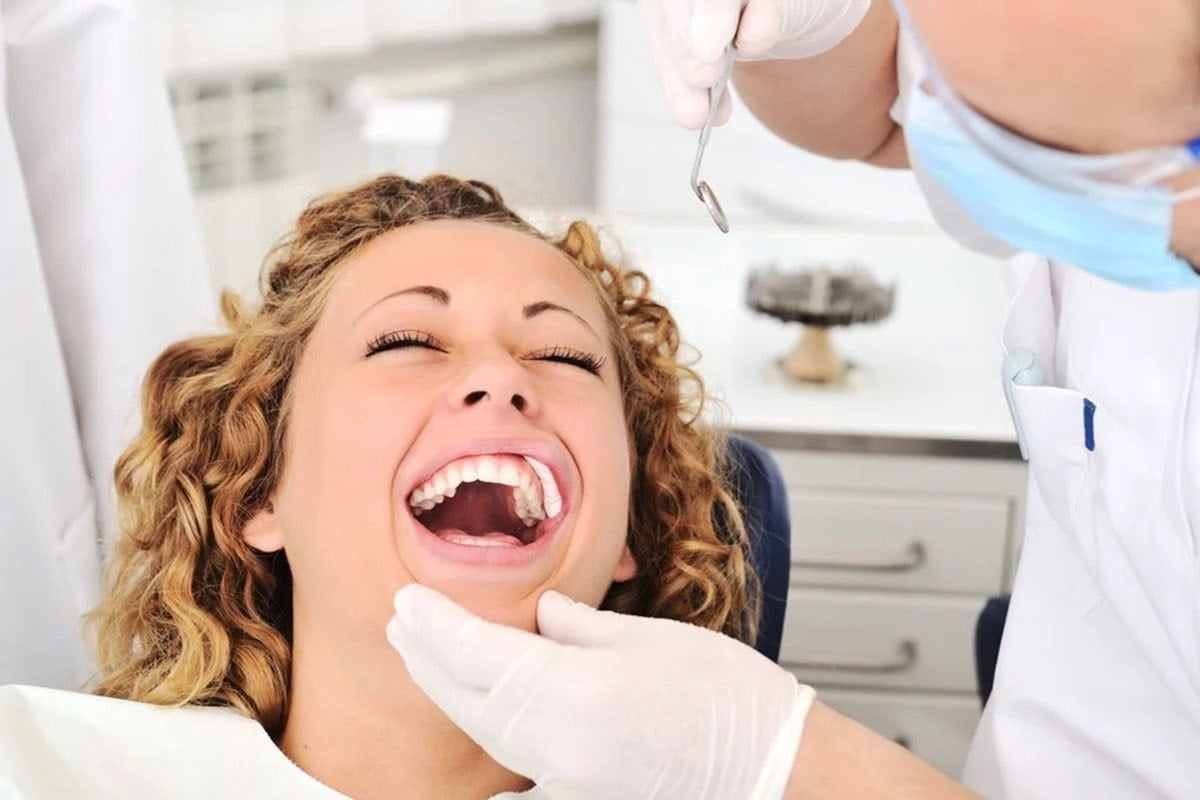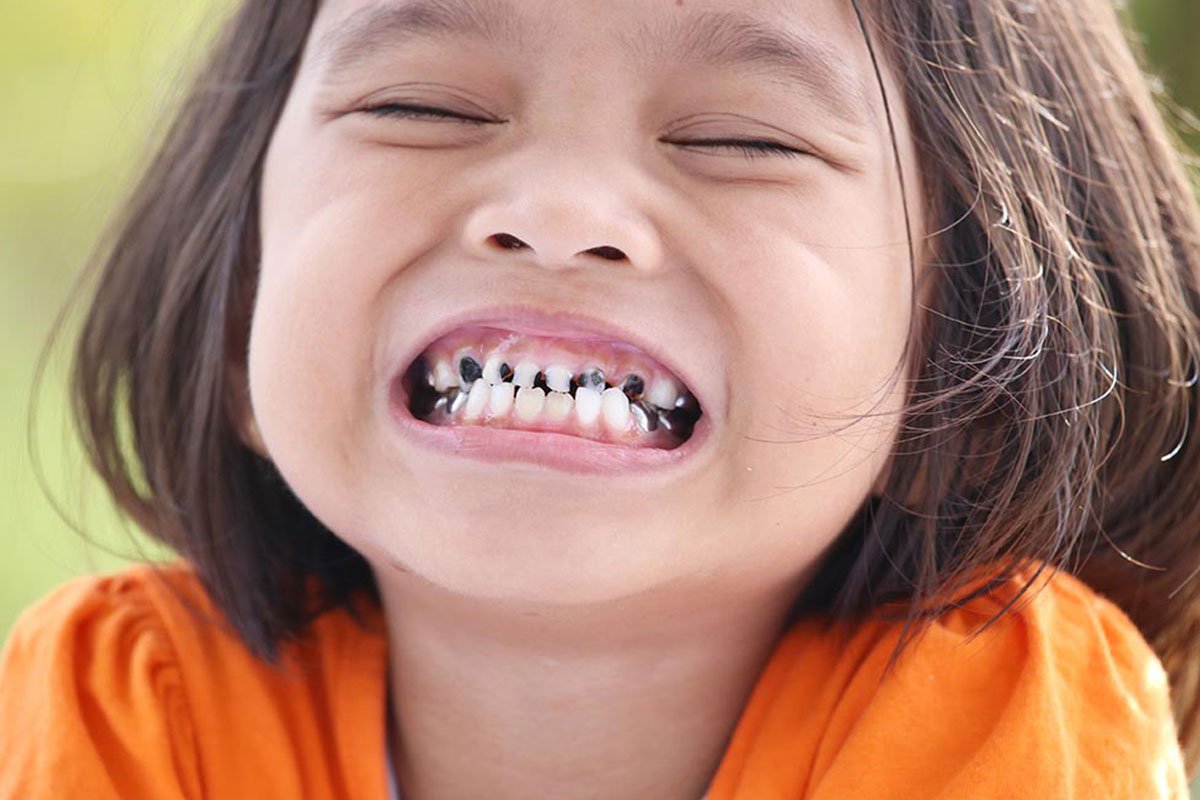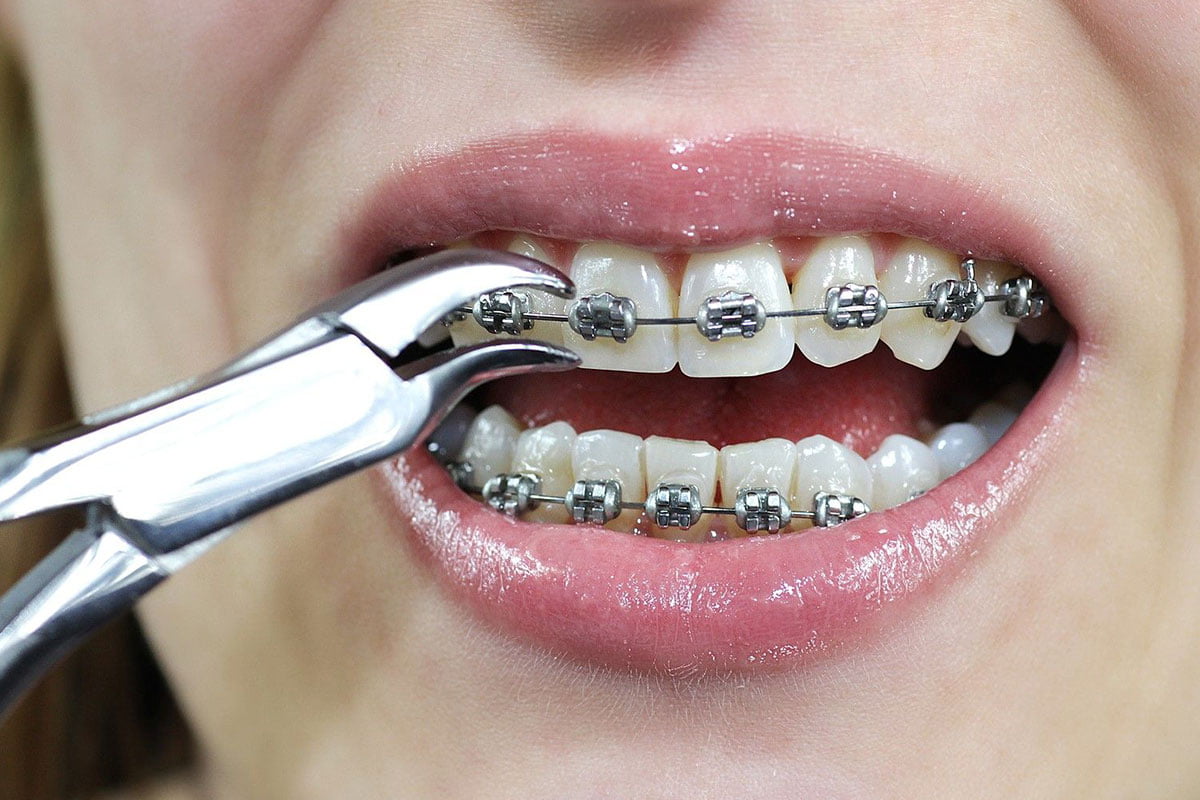Dental emergencies can happen anytime and anywhere and are a matter of huge concern. They can result in a lot of stress and ultimately become an extreme danger to your oral health. Moreover, when these dental problems are not addressed at the right time, they can eventually lead to irreparable damage. And require expensive and complex dental procedures in the long run.
There are various kinds of dental emergencies that people usually experience. Complications like tooth decay and gum disease occur slowly over time. On the other hand, issues like a broken or knocked-out tooth can happen suddenly. In any case, oral emergencies should never be overlooked. Because prompt and urgent care can certainly help you save a great deal of pain, time, and money in the future.
Here are some of the most common dental emergencies and their preventions that you should be aware of:
1. SUDDEN TOOTHACHE:
Unbearable and consistent toothaches are among the most common types of dental emergencies. Tooth pains can occur due to a myriad of issues. If you have a toothache that lasts more than 1 to 2 days and is causing you a great deal of pain, then you’re in need of emergency dental care.
This usually occurs due to improper oral hygiene routines that give rise to advanced cavities. Without proper care, your condition will only worsen. Moreover, to avoid such conditions from the start, always make sure to properly clean your teeth before going to bed.
2. BLEEDING GUMS:
Bleeding gums while flossing or brushing is not uncommon. But if your gums bleed excessively on a daily basis, consult your dentist, as it might indicate a dental emergency. Bleeding in gums can be a sign of an infection or gum disease. In either case, if this problem is ignored, it may lead to permanent tooth loss. Moreover, with bleeding gums, if you’re also experiencing issues like painful or swollen gums, you might have advanced gum disease.
In order to prevent such issues, be vigilant about brushing and flossing your teeth. This is because it’s the only way to prevent the accumulation of bacteria between your teeth. Also, ensure to regularly visit your dentist almost every six to 12 months for in-depth professional oral cleanings. These dental appointments also help diagnose oral issues when they’re in the beginning and minimize the need for severe dental emergencies.
3. LOOSENED TEETH:
It is quite normal to have one or more loosened teeth when you’re a child. But it can be a serious dental emergency when an adult gets his tooth loosened. Permanent teeth are not supposed to come loose; if they do, it’s usually due to an accident or periodontal disease. Regardless of the issue, if your tooth has become loose, act quickly.
Prompt dental intervention can certainly save the form and function of your original teeth. It can also help you avoid complex oral procedures in the long run.
4. LOST FILLING:
Lost fillings leave an empty space between your teeth, making you more susceptible to bacterial accumulation in your mouth. As a result, this leads to infection and soreness, becoming a dental emergency.
If you’ve got a missing filling, seek immediate dental help to address it and prevent food debris from getting into it. However, for temporary means, you can also buy a filling at your local pharmacy. It can cover the hole and keep it clean until you can visit your dental professional for a permanent solution.
5. CHIPPED OR CRACKED TEETH:
Some tooth fractures can cause severe damage to your tooth’s innermost layer. Such teeth cracks or fractures result in dental emergencies when you least expect it. Therefore, if you have got a chipped tooth, a trip to your emergency dentist is recommended. Also, try to bring tooth fragments to your dental appointment after preserving them in a solution of milk or water.
6. BROKEN ORTHODONTICS:
Orthodontic devices such as metal braces are fabricated with tough materials. But they can get damaged due to consistent chewing forces and daily wear and tear. If the wires or brackets of your braces come loose from the tooth, you need to consult your dentist immediately. This is because these broken pieces can irritate the soft tissues of your mouth and may also result in extreme pain.
TIPS TO AVOID IF YOU’VE GOT A DENTAL EMERGENCY:
If you are suffering from any of the above-mentioned oral issues, try to avoid the following activities, as they can further exacerbate the situation.
- Avoid smoking as it is extremely bad for your oral health and can complicate the already existing issues.
- Prevent chewing tobacco.
- Don’t brush your teeth too vigorously, as this can damage your teeth’ enamel.
- Don’t eat hard, crunchy or sticky food items since they can further damage your oral health.
- Limit the consumption of extremely hot or cold food items. This is because, during dental emergency situations, nerves in our mouth get exposed, making our teeth relatively more sensitive.
KEY TAKEAWAY:
While you can’t always prevent a dental emergency, staying on top of your dental health habits can help keep your teeth in better shape. Brushing and flossing twice daily using a soft-bristled toothbrush and fluoride toothpaste could make a toothache less likely.
In case of extreme toothache, loose fillings, or damaged tooth, schedule an appointment with your dentist in the first instance. This can save you from a wide range of irreparable complications. In the meantime, you can also try over-the-counter medications and home remedies like the use of cloves and garlic.


